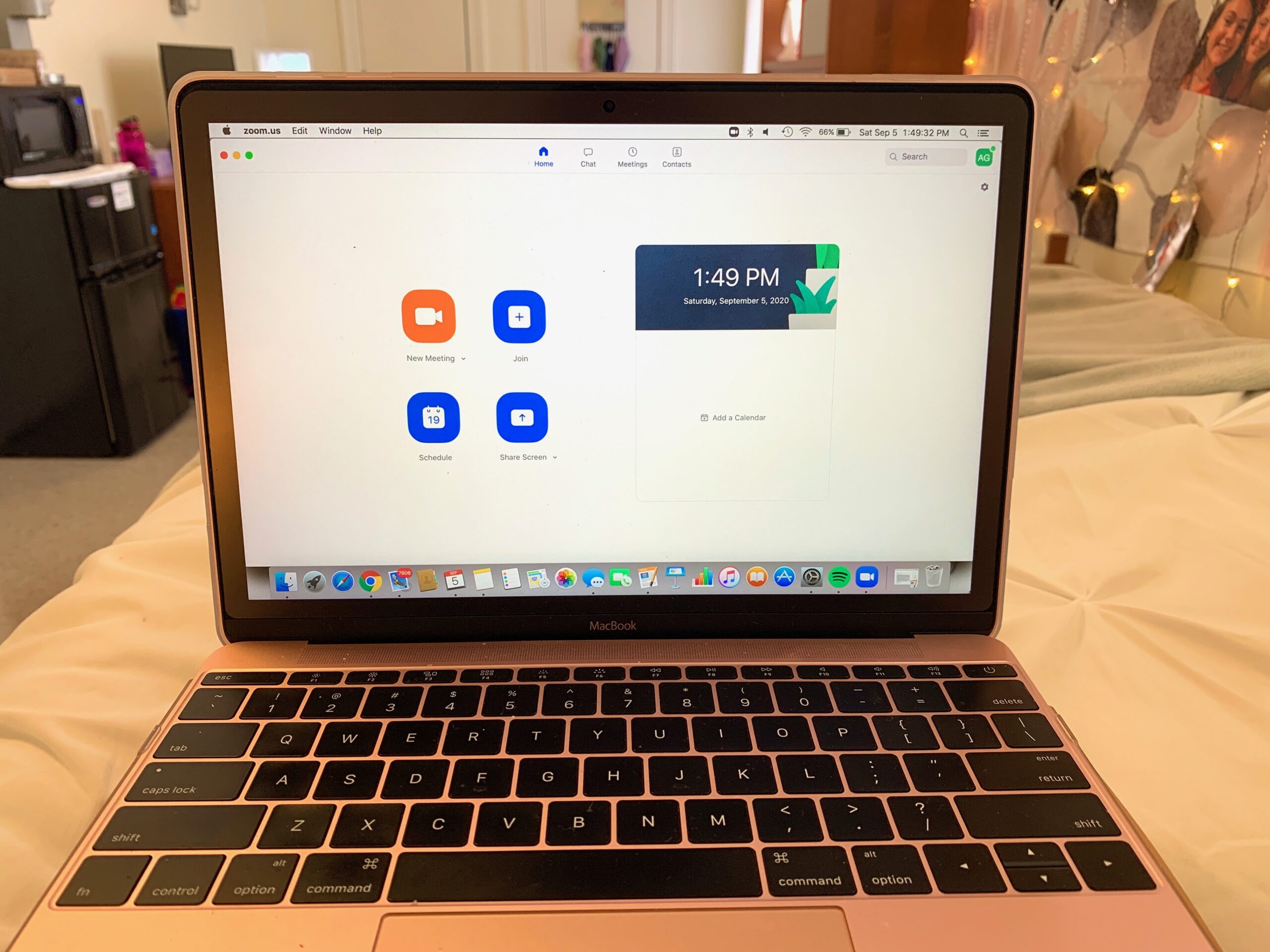Professor Mary Abdoney currently works as a professor and the Research and Instruction Coordinator at Washington and Lee University. As one of her students, I only know what she tells us about herself in class. In our current circumstances, given an on-going Global Pandemic, and the course being on Zoom this semester, it is difficult to get to know your professors, so I was intrigued by this assignment and what I would find our! I put my Google skills to the test, and here are my findings. Professor Abdoney graduated from the University of Florida in 1999 with a Bachelor of Arts in Anthropology. During her time there, she was apart of the Alpha Xi Delta sorority. She went onto the University of South Florida, gaining a Master of Library and Information Science; she graduated there in 2001. In 2006, she began working at Washington and Lee after years of gaining experience at Eckerd College. She earned tenure in 2012 after being there for six years. During her time at W&L, she met her husband, Ned, and the two got married on September 29, 2012. When she was 38 years old, she welcomed their son, Emmet. Outside of being a librarian, she loves to garden and has a passion for cats!
Professor Elizabeth Teaff is currently a professor and the Head of Access Services at Washington and Lee University. She grew up in upstate New York. Professor Teaff started her college career at Fulton-Montgomery Community College, where she studied Visual Fine Arts. Upon graduating and earning an Associates of Arts, she enrolled in the State University of New York at Potsdam. She graduated in 1996, earning a Bachelor of Arts. Here, she studied Studio Art and Politics. She went onto Virginia Commonwealth University School of Graduate and the University of South Carolina, gaining a Master of Library and Information Science. Upon graduating, she worked at the Virginia Military Institute and the Rockbridge Regional Library. In 2003, she started working at Washington and Lee University, and she is still here today.
Both Professor Abdoney and Professor Teaff do not have many personal pictures or posts on their private accounts, assuming they both know the risks and dangers of the internet. What you put out there is for everyone to see, so they must remain cautious about deciding what to post (“Your Digital Footprint Matters”). Moreover, since they are both professors at a university, the school can see and monitor what they publish. They must be cautious, too, since they do not want students or faculty to report any misbehaving (“Washington and Lee University’s Computing Resources, Network, Website, and Email Use Policy”).
It is surprising, and a little eerie, how much information you can find on someone after just spending twenty minutes on Google. Who puts this information out there if not you do not? How do are they able to get it? Our participation on the internet matters, and it is evident through this (“What is Participatory Culture?”). I am now curious how much people could find out about me!
